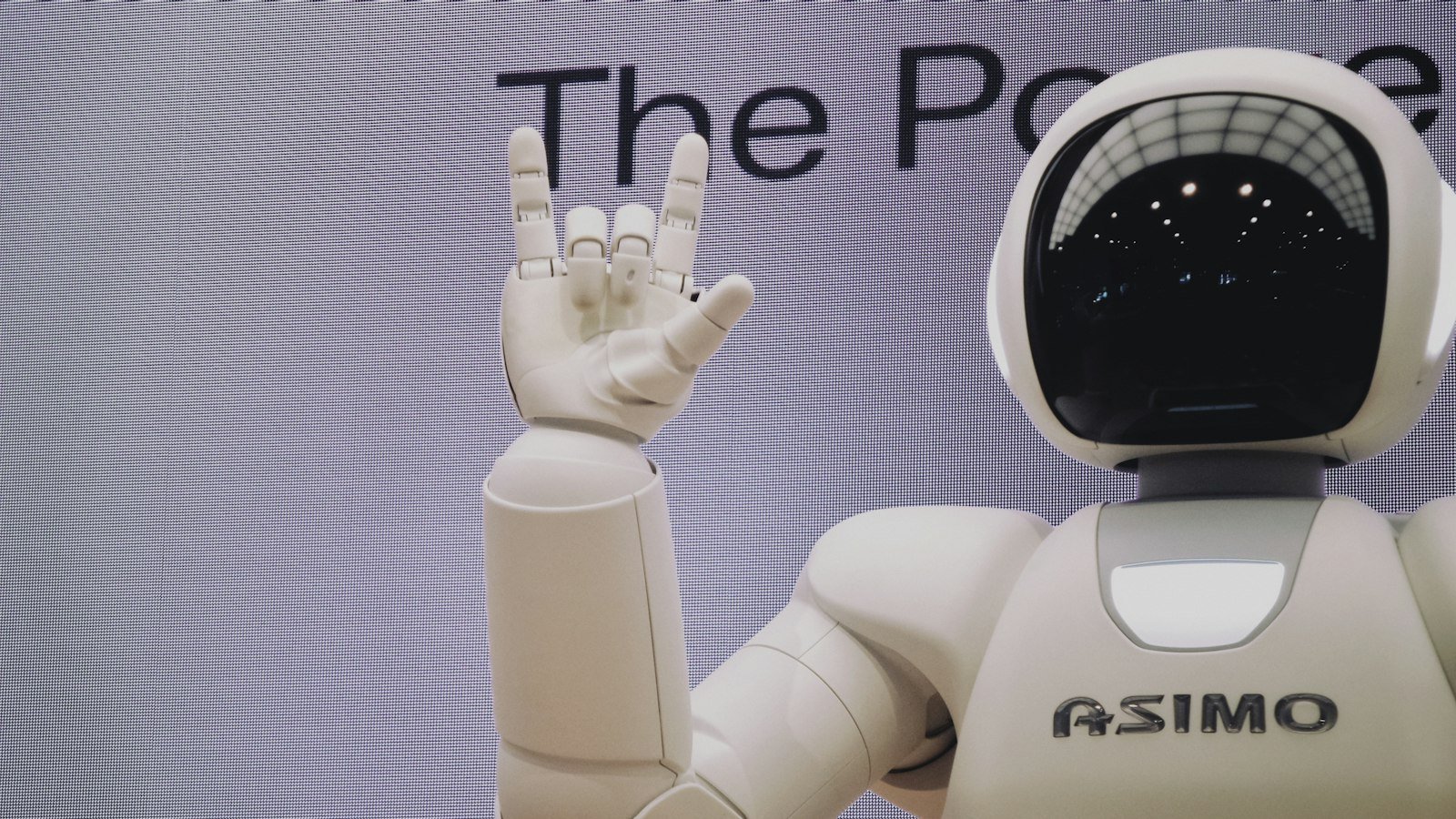ATM Industry Future: Impact of Forex Trading
The automation of banking services has been continually evolving for decades. With the advent of the internet, transactions have become increasingly more efficient. But the cutting-edge technology of today is security-challenges-in-forex-trading-a-closer-look/” title=”ATM Security Challenges in Forex Trading: A Closer Look”>automated teller machines (ATMs). ATMs have become incredibly popular over the years, with more than three million machines in operation around the world. This has led to an increasing interest in the future of the ATM industry and the use of forex in these machines. In this article, we will explore the current trends in the ATM industry, along with what the future holds for ATM forex operations. 1st person: no
2nd person: no
ATM Industry Future Review
ATM Market Overview and Projections
The automated teller machine (ATM) market has grown significantly over the years and is estimated to continue its expansion over the next few years. According to estimates, the market size is expected to increase at a compound annual growth rate (CAGR) of 4.56%, reaching a value of USD 11.6 billion by 2022. This projection is based on increasing competition among players in the industry, technological advancements, a shift to contactless solutions, and the advent of digital and mobile banking.
In terms of geography, the Asia Pacific region is anticipated to lead the development of the global ATM industry due to its fast-growing population and steady economic growth. The introduction of self-service devices in this region is deeply influencing the industry. Consequently, the increased demand for ATMs is expected to continue over the forecast period.
Technological Advances in the ATM Industry
Modern ATMs have evolved to include several features that are not available in traditional ATMs. To offer more convenience to the customer, banks are now implementing automated teller machine (ATM) solutions that boast of a host of features such as biometric authentication, virtual banks, voice guidance, and instant money transfer capabilities. Furthermore, as more individuals are shifting their transactions to online channels, the need for automated teller machines (ATMs) has increased.
In addition, the introduction of innovations such as robotic ATMs and video ATMs is also expected to drive the growth of the ATM industry. These machines are equipped with the latest technologies such as facial recognition, voice guidance, and various authentication techniques. Automated teller machine (ATM) manufacturers are also gradually introducing NFC (Near Field Communication) and contactless technologies into their products, to further accelerate the adoption of ATMs in the modern era.
Government Regulations and Industry Trends Impacting the ATM Industry
As the demand for automated teller machines is increasing, regulators have also come into the picture and are driving stringent regulations on many aspects of the industry. From cashless retail and digital payments to payment rights, numerous issues such as consumer financial protection, security, and privacy are increasingly being discussed across the world. Moreover, the governments of various countries are focusing on educating the people about the safe usage of digital payment and ATM services, as well as limiting the misuse of the technology.
Furthermore, the advancement in technologies such as Internet of Things, Artificial Intelligence, and Machine Learning are transforming the banking scenario and redefining the future of the automated teller machine (ATM) industry. These technologies are enabling banks to provide their customers with user-friendly experiences with better access to services, improved security, and enhanced customer relations. Moreover, Automated teller machines (ATMs) have started offering services that are typically available from brick-and-mortar branches, such as account opening, bill payments, and financial advice. All these advancements are expected to bring about further growth in the industry.


